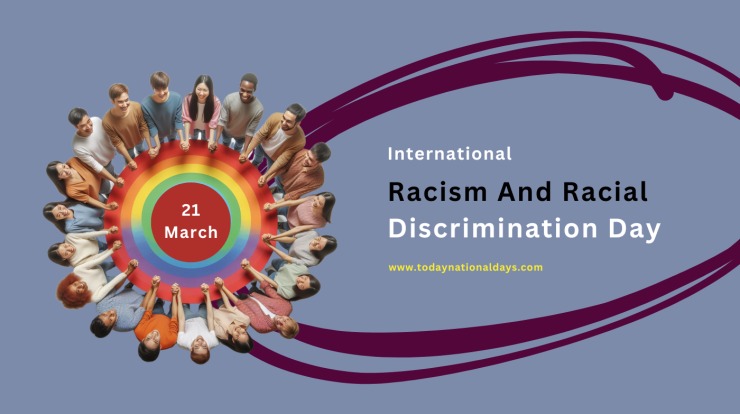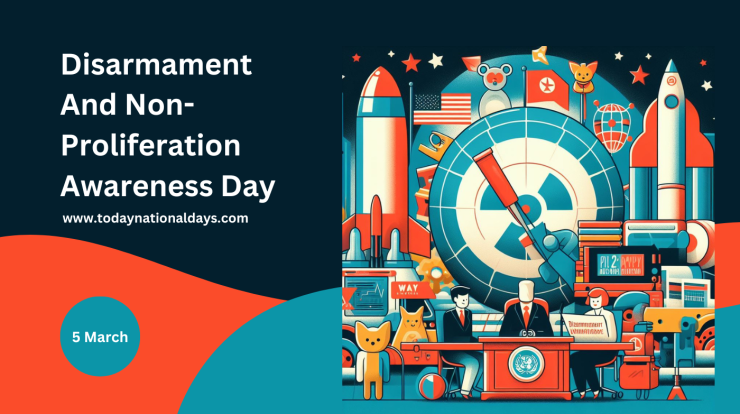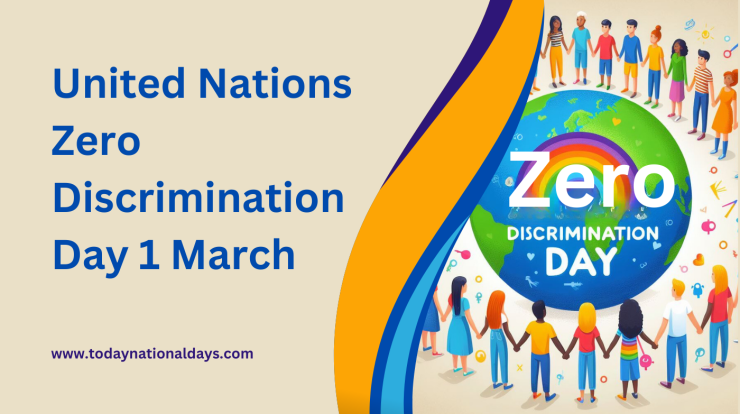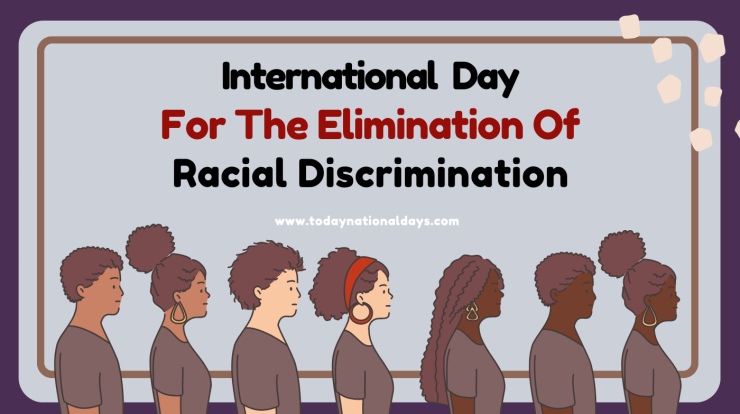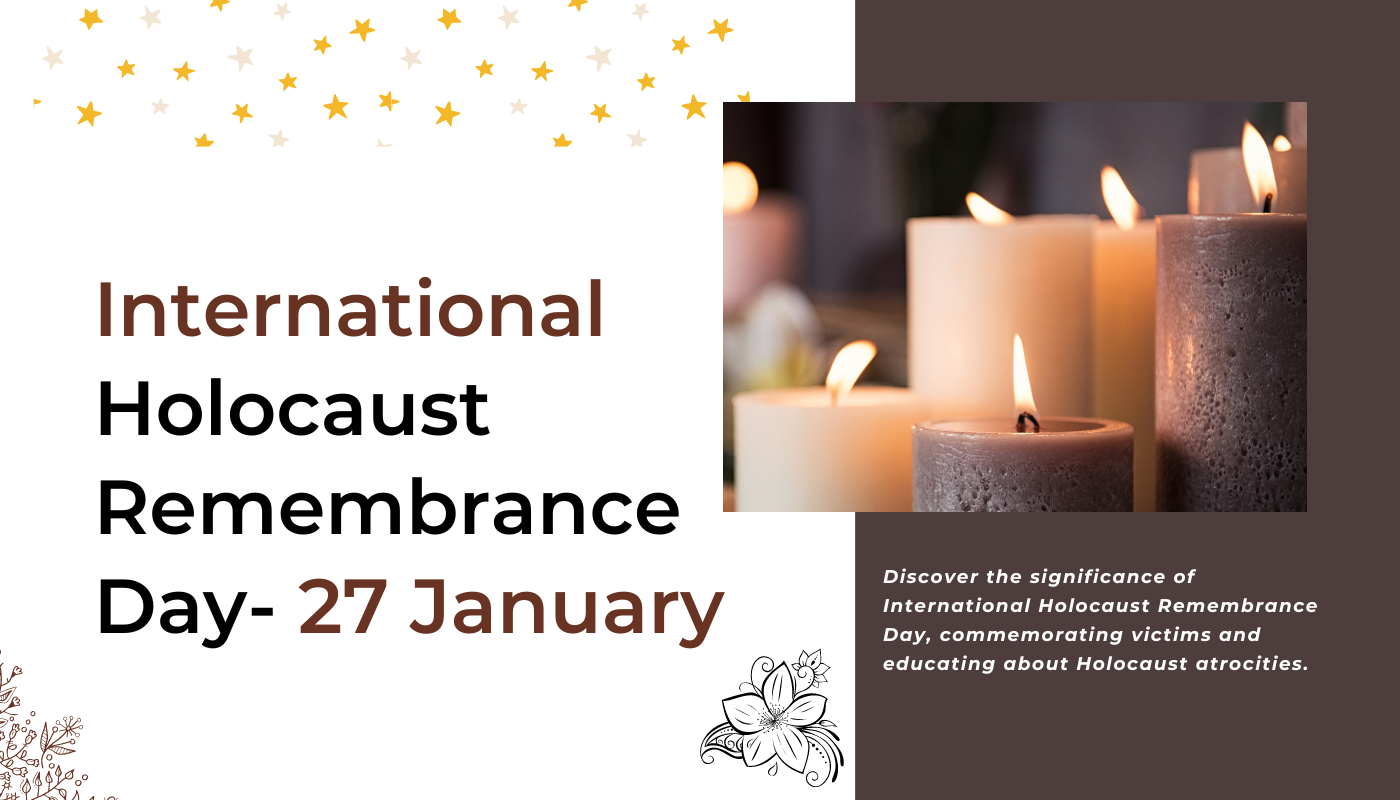
Discover the significance of International Holocaust Remembrance Day, commemorating victims and educating about Holocaust atrocities.
January 27 marks International Holocaust Remembrance Day, a time for the global community to honor the victims and survivors of one of history’s darkest chapters.
As we approach this solemn occasion, it prompts deep reflection on its significance amidst current events, including the Israel-Hamas conflict, and how Holocaust remembrance intersects with the ongoing complexities in the Middle East.
Thomas Pegelow Kaplan, the Louis P. Singer Endowed Chair in Jewish History and an esteemed professor specializing in Holocaust studies, modern German-Jewish history, and histories of violence and language, shared his insights with CU Boulder Today.
He delved into the importance of International Holocaust Remembrance Day (IHRD), its rich historical context, and its profound impact on shaping collective memory.
What Is International Holocaust Remembrance Day?
Throughout the year, people worldwide observe various occasions to honor the victims of the Holocaust. In Israel, Yom HaShoah, the country’s official day of commemoration, was established by the Knesset (parliament) in 1951. Chosen to coincide with the start of the Warsaw ghetto uprising against the Nazis on the 27th of Nisan in 1943, this date falls in either April or May, following the Jewish lunar calendar.
In contrast, International Holocaust Remembrance Day has a more recent origin. Established by a resolution of the United Nations General Assembly in November 2005, this significant day, observed on January 27, commemorates the liberation of Auschwitz in 1945.
Why Did It Take 60 Years To Establish An International Day Of Recognition Of The Holocaust?
The evolution of Holocaust memory reflects a profound journey. In the early years of Israel’s existence, establishing a day to honor the lives lost and the resistance against the Nazis became a pivotal endeavor. This significance was underscored by the establishment of Yad Vashem, Israel’s official Holocaust memorial, in 1953.
However, in the 1950s, discussions about genocide in the United States often centered on Soviet crimes in the Baltics rather than the Holocaust. It wasn’t until the late 1970s that memory cultures began to shift, gradually recognizing the Holocaust’s unparalleled significance.
IHRD’s Impact on Collective Memory of Violence Against Jews
The most apparent solution is increasing education and awareness, with the hope that it will lead to different actions. However, this presents one of the most perplexing ironies we face today.
Despite the wealth of resources and documentation available on the catastrophic events of the Holocaust, including the USC Shoah Foundation’s Visual History Archive, boasting over 55,000 video testimonies predominantly by survivors, readily accessible even at CU Boulder libraries, we are witnessing a disturbing global surge in antisemitism and Holocaust denial.
Even more troubling is the presence of prominent political candidates in the United States who either currently hold office or have run for office as Holocaust deniers. This includes North Carolina Lieutenant Gov. Mark Robinson and Arthur Jones, who sought a Congressional seat in Illinois in 2018.
How Did Perceptions Of Jews Shift After The Holocaust?
Contrary to what one might expect, perceptions didn’t undergo significant shifts immediately following the Holocaust. Despite a surge in news coverage exposing the atrocities of concentration camps, there was little automatic sympathy for Jews. According to Y. Michal Bodemann, a professor emeritus of sociology at the University of Toronto, late Nazism persisted in Central Europe well into the early 1950s.
Even after liberation by the Allied Powers, Germany remained plagued by antisemitism. Shockingly, the killing of Jews continued in the early aftermath of the Allied victory. Additionally, the United States Congress initially opposed admitting Holocaust survivors into the country.
It wasn’t until much later, after the dust had settled that we witnessed an international response and genuine sympathy for survivors.
Why Is Recognition Of IHRD Important, Given The Current Events Surrounding The Israel-Hamas War?
October 7, 2023, remains a haunting memory for Jews worldwide, marking a pivotal moment in their perceived safety, both within Israel and beyond. The intense reaction of American Jewish communities caught many non-Jewish observers in the U.S. off guard.
The fundamental purpose of the State of Israel is to serve as a sanctuary, offering protection to Jews facing persecution anywhere in the world. However, the recent attack on Israel on October 7 challenges this foundational principle, sparking concerns about the nation’s security in the face of such events. This poses a significant dilemma for modern Zionism, prompting a reassessment of its core tenets.
The poignant phrase “never again,” linked with the Holocaust, reflects philosopher George Santayana’s warning that failing to remember history condemns us to repeat it.
Researchers at the Simon-Skjodt Center for the Prevention of Genocide at the United States Holocaust Memorial Museum highlight a disturbing trend: a rising number of genocides and near-genocides worldwide, alongside a surge in antisemitic violence. This alarming reality includes preceding events like the 2018 Pittsburgh Synagogue Shooting, where Jews were targeted in a sacred space.
What Is Your Response To South Africa’s Case Before The International Court Of Justice, Alleging Israel Is Committing Genocide In Gaza?
In your genocide class, the deliberate construction of their case by the South African delegation was recently discussed, focusing on their strategic use of historical references, including the assassination of Martin Luther King Jr., to appeal to global audiences.
South Africa’s historical experiences with apartheid and its support for apartheid charges against Israel concerning occupied territories establish a precedent for similar dynamics between the two nations.
The recent case at the International Court of Justice (ICJ) revolves around Israel’s military actions, including airstrikes in densely populated civilian areas.
This strategy was partly driven by the deliberate placement of Hamas leadership and infrastructure within civilian sites, such as hospitals. While verifying casualty numbers is challenging, the ICJ case has increased pressure on Israel to adjust its conduct in the Gaza conflict.
FAQs:
Why Is January 27 Special?
On January 27, 1945, around 7,000 prisoners remained in Auschwitz-Birkenau. Sadly, over a million deported there perished. The Holocaust claimed about six million Jewish lives in the death camps.
Why Is It Important To Educate About The Holocaust?
Holocaust education fosters empathy, critical thinking, and a sense of moral responsibility in future generations. It equips individuals with the knowledge and understanding necessary to recognize and combat prejudice and injustice.
How Can Individuals Commemorate International Holocaust Remembrance Day?
People can honor International Holocaust Remembrance Day by attending memorials, attending educational events, and pondering history lessons. Sharing survivors’ stories and respecting victims’ memories also helps keep their legacy alive.
Conclusion
International Holocaust Remembrance Day prompts us to reflect on the past while looking toward a future built on compassion, understanding, and justice. By honoring the memory of the Holocaust’s victims and survivors, we reaffirm our commitment never to forget and to strive for a world free from hatred and prejudice.

